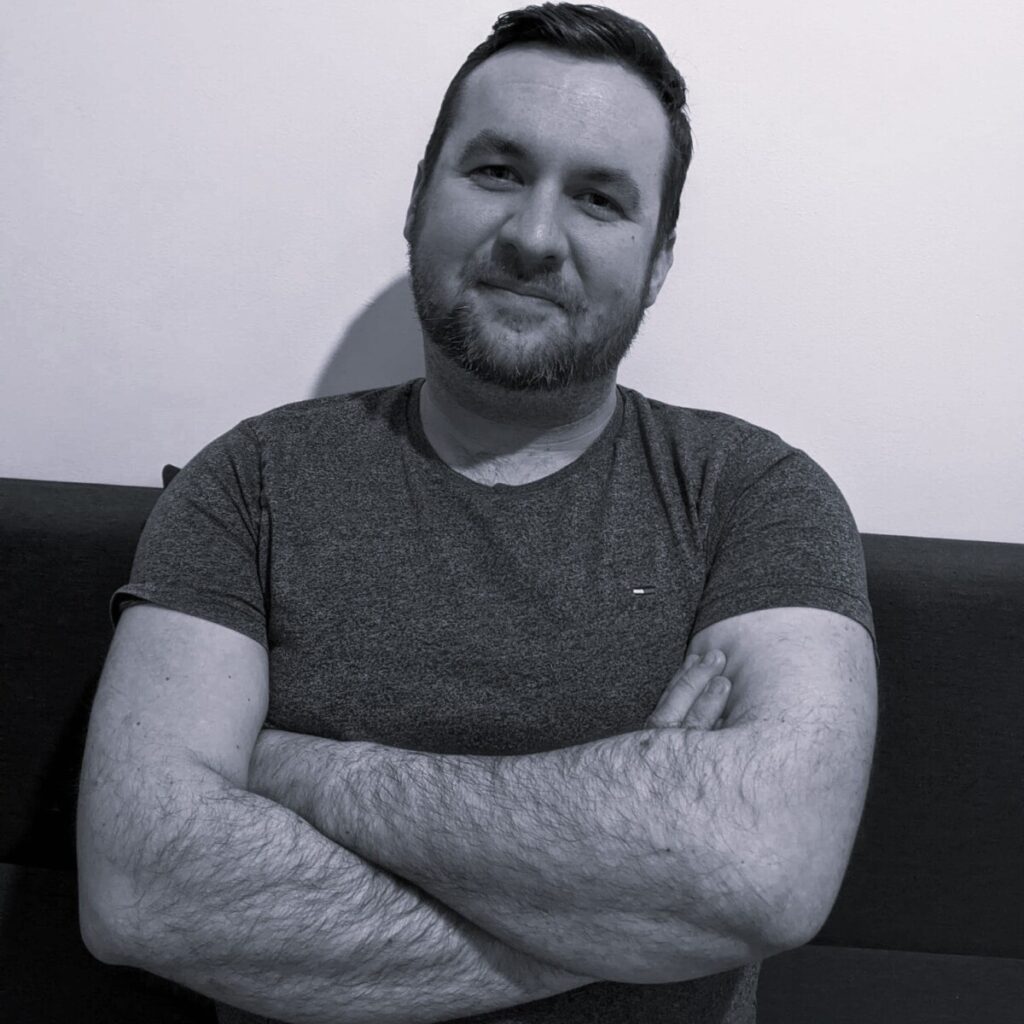Podcast Overview
We get it. Sometimes business can be really hard, especially when it’s just you! Whether it’s financially, mentally or physically, the world of business can be a challenging one. 30% of first time Business Owners give up and move to a 9-5 job, but for some, entrepreneurship is in their blood.
This week’s podcast guest Chris, Founder of The Outpost, has been there and done it. He literally has the T-shirt, several times over.
He breaks down how he handles some of the most challenging times he has faced through life and business and tactics you can implement today to boost your business through hardship.
There are so many opportunities to build your company and your brand hiding behind every door and it’s time you unlock them.
eCom@One Presents:
Chris Murdoch
Chris Murdoch is the Director of The Outpost, The Loot Room, The War Hub and many other successful companies. He has faced countless trials and tribulations along the way and has built his way back up through the years.
In this episode, he talks about the mistakes he made that could’ve been detrimental to his business and the personal strategies that have built his business. He shares why and how customer loyalty schemes are so powerful.
Tune in the episode to learn how you can find your way again through rough financial times and build your business through branding and personal hardship. Oh and you can find out Chris’ obscure marketing techniques and opinions of ecommerce marketing.
Topics Covered:
2:48 – How Did The Outpost Come Around And What Is Its Mission
6:45 – When Was The Biggest Mistakes That Could Have Been Detrimental
To The Business
13:47 – Chris’ Personal Strategy To Work Through Hard Times
22:35 – Managing Google Restrictions With Keywords Such As Warhammer
27:36 – The Importance Of Customer Loyalty
30:35 – What Technologies Does Chris Use To Keep Business In Order
35:40 – Technologies That Have Recently Been Implemented That Have Transformed
Chris’ Business
39:22 – What Do You See In The Future For The Outpost?
42:16 – Book Recommendation – Super Systems 2


